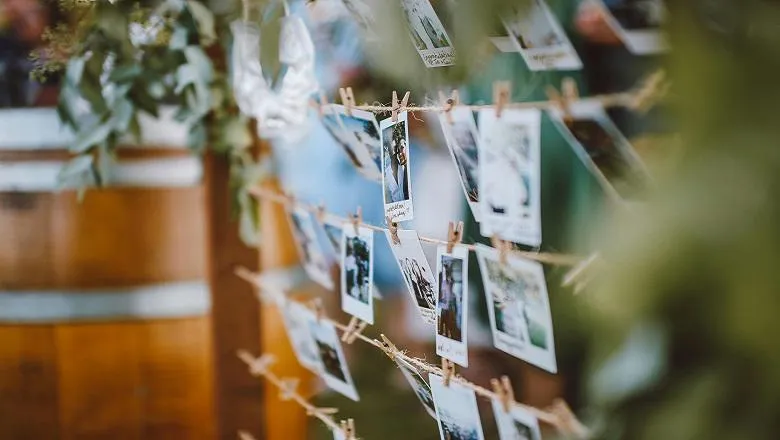Photovoice and Paired Description – an introductory workshop
Led by Flickr Foundation Research Fellow and Access in the Making (AIM) Lab member Prakash Krishnan, this workshop explores the application of two qualitative research methods, “paired description” and “photovoice” to generate informal, community archives from online image repositories. Please note this workshop will take place in person at King’s.
Join this workshop to:
- Explore the creative possibilities of archival and photo research;
- Find out more about two new methods of qualitative research: paired description and photovoice;
- Learn about the Flickr archive, Creative Commons and various types of media attribution.
What will happen in the workshop?
Through a series of guided prompts and reflections, participants will generate specific search criteria serving as research prompts to investigate the Flickr archive. Curated images from the archive will serve as informal collections that respond to and inform the earlier reflections.
Together, participants will engage in a “paired description” methodology to generate descriptions for the images that can dually serve as archival and visual descriptions for potential use in a future exhibition. Using a “photovoice” methodology, participants will also be tasked with adding their own related and annotated materials in the curated collections in response to the collective and reflections feedback from the workshop.
Who can attend?
This workshop is open for all to attend, at any level of familiarity with qualitative research methods.
The goals of this workshop are to engage participants and citizen researchers from all backgrounds with the creative possibilities of archival and photo research as well as to unearth and activate some of the rich histories embedded in the Flickr archive with the possibility of producing an online or print exhibition.
Collections produced in the workshop could result in a future digital or print exhibition for which participants will be credited for their contributions.
Do I need to bring anything to the workshop?
Please note that to participate in the workshop, you will need a laptop or smartphone with internet access (laptop preferred). Eduroam is available to connect to from this room. Please bring your laptop or smartphone to take part. If you’re not currently able to bring a laptop or smartphone, you will be able to partner with another participant/join a group to participate in the workshop on the day.
Where can I sign up?
This is an in-person event that is free and open for all to attend.
Please click this link to register for your place.
Please note as this is an in-person event, places are limited by the capacity of the room. Please register soon to reserve your place.
Note on photography
Photo documentation may be taken at this workshop for use and archival purposes, by the ESRC Centre for Society and Mental Health, AIM Lab, and Flickr Foundation - on the sign-up form, please indicate if you consent for photos of you/your work to be taken.
Participants will also be asked to sign a consent form in person on the day. Participant identifying information including names and photos will not be released without consent.
Accessibility information
The event will take place in the Macadam Building at King’s College London (Strand Campus). For more information about the building, please visit the AccessAble page. Please contact us by email to csmh@kcl.ac.uk to further discuss any access requirements or to find out more about the workshop and running times.
About Access in the Making (AIM) Lab
AIM is an anti-colonial, anti-ableist, feminist research lab working on issues of access, disability, environment and care through creative experimentation. Find out more.
About Flickr Foundation
Flickr has grown into one of the biggest photo collections on Earth. It contains tens of billions of images from people all over the world and keeps growing every day. We’re committed to stewarding this cultural treasure for future generations, and fostering a visual commons we can all enjoy. Find out more.
About the ESRC Centre for Society and Mental Health
The ESRC Centre for Society and Mental Health develops research to promote and sustain good mental health in communities. We aim to shift public debate about mental health away from a focus on individualised interventions, towards social practices and policies that promote and sustain good mental health. To receive the latest updates about our news and events, sign up to our newsletter and follow us on X and LinkedIn.
Search for another event

